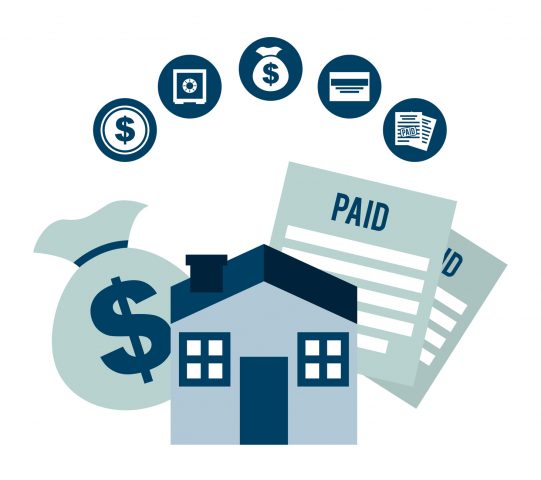An article from a English-language paper covering Turkey suggests that the country will become cashless in the next ten years. Unlike a lot of other commentary, it does have the decency to ask whether or not a cashless society is a good thing.
There are many benefits to removing cash from the economy, such as eliminating black markets and allowing more easy monetary policy. But there are also concerns when every single transaction can be monitored, examined, or manipulated. But regardless of where you fall on the debate, one thing is clear: As online shopping becomes yet more prevalent, and prepaid credit cards take the place of more and more low-value cash transactions, cash is well on its way to becoming obsolete.
Two assumptions underlie almost every discussion of the cashless society. First, the cashless society is inevitable. Second, the cashless society will be a utopia, or at least a better one.
Neither of these things are true, and we should be careful with a headlong rush towards anything that would have such a dramatic effect on the world.
First, despite the advances in payments technology, nothing requires businesses or individuals to stop using cash. There are a lot of vested interests in the economy who want to see cash disappear so that they can monopolize the payments space, but those advocates for a cashless society should be recognized as having something to gain from eliminating a payments option for consumers and companies.
Second, the use of coins and bills is a long-standing technology that has a number of advantages for both individuals and companies. Cash is nearly universally accepted in the offline world, and a number of companies have even created ways to enable cash acceptance in the online world. Cash is also immediately fungible for the recipient. There are no delays in settlement, and no hidden costs to the transaction. It is worth noting that for individuals any other form of payment requires two transactions. The first is the payment with the card, and the second is the payment to the credit card company or the reconciliation of your debit transaction with your bank account. (Of course everyone monitors their debit transactions, right? I mean, it would be insecure not to!)
As far as costs to the merchant goes, the costs of electronic security to keep hackers and fraudsters out has to be at least as much, if not more, than the physical security of cash. What would cost more, armored truck service or PCI compliance? Additionally, for a merchant the need for physical security will not disappear when cash does, since they will still need to secure their merchandise and the electronic payments infrastructure in their stores.
Greater security is often touted as a benefit to the cashless society, particularly for individuals. But the losses that come with cash are by their very nature limited. If you lose some cash, then you are out those dollars. If you lose a debit card, you could be out a lot more before you realize it is gone. Additionally, the real danger from electronic payments is that they could pave the way for one’s entire identity to be stolen. It might be better just to lose a few bucks.
Cash also has a place as a payment of last resort. If a system goes down, or the power is out, or a disaster happens, there is always cash to keep commerce going
Finally, there is the question of privacy. Does everything really need to be connected and recorded all the time? In an era of constant connectedness, targeted marketing, and endless attempts to both identify and shape our preferences, privacy is power – even if it is just the power to be left alone. I cannot count the number of times I wished I had donated to a charity in cash just to avoid seeing all my donations come back to me in the form of future solicitation or to avoid having my name sold to every other cause’s fund raising machine.
Electronic payments have their place and have their value, but there is no need to eliminate options just so that some companies can have a monopoly on the way we pay.
Overview by Ben Jackson, Director, Prepaid Advisory Service at Mercator Advisory Group
Read the full story here











